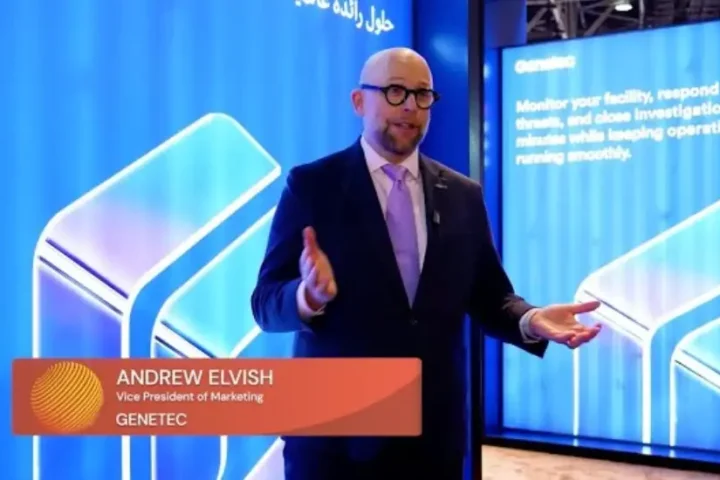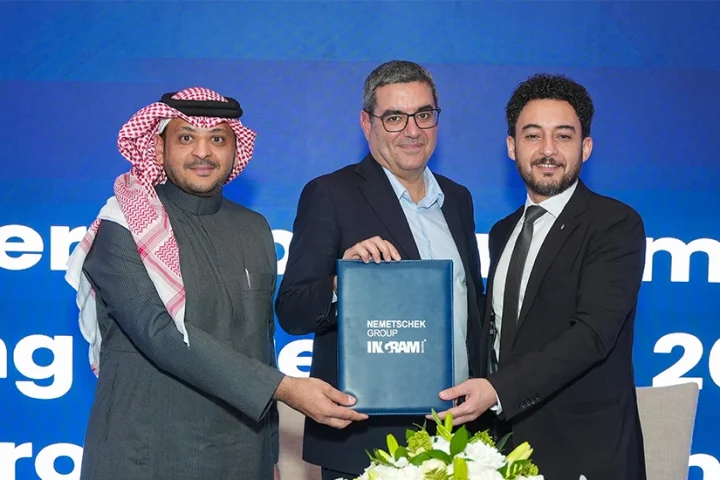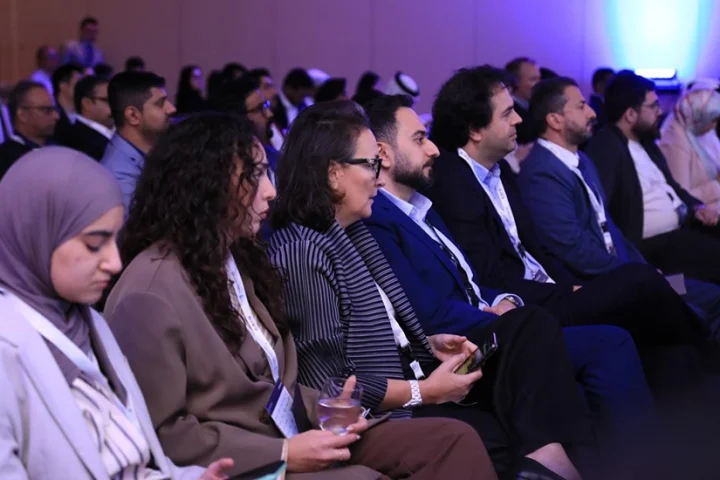97% of educators in the Middle East and North Africa (MENA) feel that technology plays a big role in transforming education systems. This is according to a recent survey conducted by Microsoft, which polled educators from primary, through to secondary and tertiary institutions, as well as academic governing bodies across the region.
However, only 32% of respondents are implementing STEM education and digital literacy as part of their curriculum.
“With over half the survey respondents indicating a lack of budget and training to optimise the use of technology in the classroom, there is a definite need to improve integration of technology in classrooms in the region to meet the needs of the 21st century labour market,” says Ahmed Ameen Ashour, Educational Lead, Microsoft Gulf.
Other challenges identified by the respondents include: A lack of training to use technology optimally, with 52% saying they didn’t have adequate access to training. A further 40% indicated that there is a lack of integration of technology with the curriculum.
The survey also showed that both parents and teachers are committed to creating digital classrooms, improving access to STEM and digital literacy programs in the region, with only 19% of parents indicating that they do not support technology in classrooms.
Microsoft continues to invest in education solutions through various partnerships with educators to bring technology into the classroom, and access to information and communications technology (ICT) that create immersive and inclusive experiences for students.
















